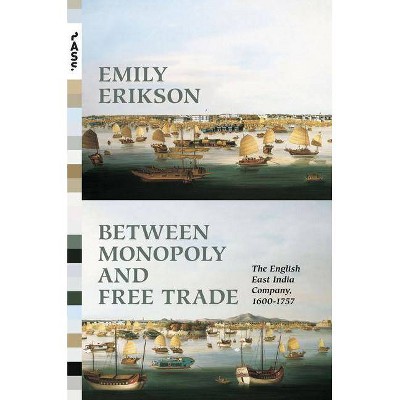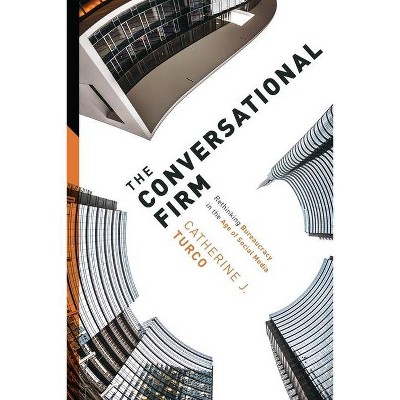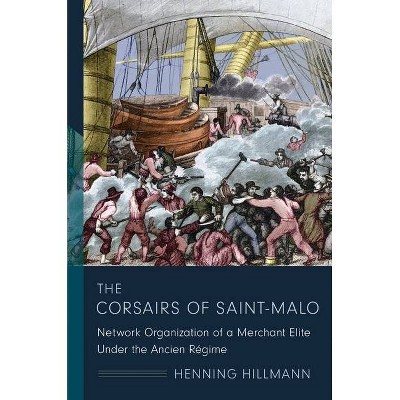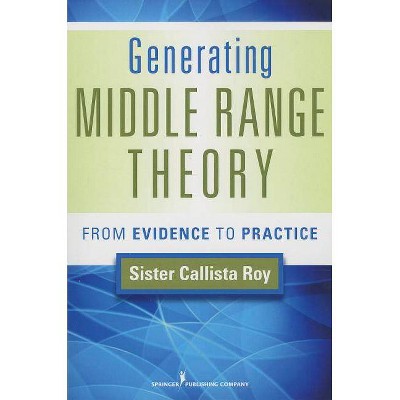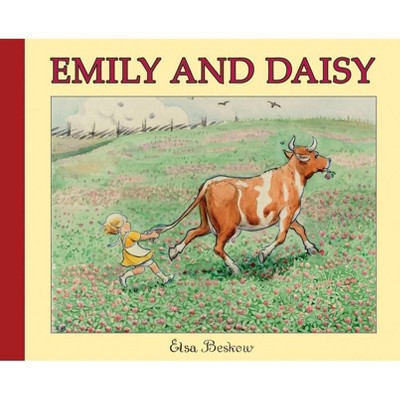Trade and Nation - (Middle Range) by Emily Erikson (Hardcover)
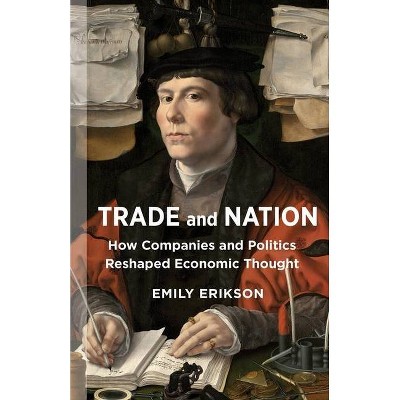
Similar Products
Products of same category from the store
AllProduct info
<p/><br></br><p><b> About the Book </b></p></br></br>In the seventeenth century, English economic theorists lost interest in the moral status of exchange and became increasingly concerned with the roots of national prosperity. Emily Erikson brings together historical, comparative, and computational methods to explain the institutional forces that brought about this transformation.<p/><br></br><p><b> Book Synopsis </b></p></br></br>In the seventeenth century, English economic theorists lost interest in the moral status of exchange and became increasingly concerned with the roots of national prosperity. This shift marked the origins of classical political economy and provided the foundation for the contemporary discipline of economics. The seventeenth-century revolution in economic thought fundamentally reshaped the way economic processes have been interpreted and understood. In <i>Trade and Nation</i>, Emily Erikson brings together historical, comparative, and computational methods to explain the institutional forces that brought about this transformation. <p/>Erikson pinpoints how the rise of the company form in confluence with the political marginalization of English merchants created an opening for public argumentation over economic matters. Independent merchants, who were excluded from state institutions and vast areas of trade, confronted the power and influence of crown-endorsed chartered companies. Their distance from the halls of government drove them to take their case to the public sphere. The number of merchant-authored economic texts rose as members of this class sought to show that their preferred policies would contribute to the benefit of the state and commonwealth. In doing so, they created and disseminated a new moral framework of growth, prosperity, and wealth for evaluating economic behavior. By using computational methods to document these processes, <i>Trade and Nation</i> provides both compelling evidence and a prototype for how methodological innovations can help to provide new insights into large-scale social processes.<p/><br></br><p><b> Review Quotes </b></p></br></br><br>In <i>Trade and Nation</i>, Emily Erikson traces the rise of economic nationalism to efforts by seventeenth-century British merchants to sway the Crown with tracts on the nation and prosperity. An outstanding historical sociologist as well as a computational scientist, Erikson presents a fresh, compelling perspective on mercantilism and the foundations of modern economic thought.--Frank Dobbin, author of <i>Inventing Equal Opportunity</i><br><br>In our age of egregious inequality, why is economic policy devoted to national aggregate growth that increasingly channels wealth and income upward while trivializing distributional equity as irrelevant to economic efficiency? In this remarkable study Emily Erikson points not to modern Reaganomics but to the invention of a radical new economic doctrine by corporate merchants in sixteenth- through eighteenth-century England. Mixing sophisticated computational methods with deep historical archival research, Erikson demonstrates how a mutually advantageous 'courtship' between commerce and the Crown, one marked by an explosion of literary discourse in the newly emerging public sphere, triggered a novel justificatory framework focused on the exigencies of national prosperity over and against the long-prevailing 'moral economy' of economic justice. <i>Trade and Nation </i>is a book of uncommon brilliance as well as an utterly necessary one for understanding the entrenched roots of today's uncommon meanness.--Margaret R. Somers, author of <i>Genealogies of Citizenship: Markets, Statelessness, and the Right to Have Rights</i><br><br><i>Trade and Nation</i> bridges the divide between social science and history, asking why modern western economic theory first developed in England rather than elsewhere. Emily Erikson uses a methodologically innovative approach, deploying data and computational methods to link discourse and authorship to institutional politics and positionality.--Phil Withington, author of <i>Society in Early Modern England: The Vernacular Origins of Some Powerful Ideas</i><br><p/><br></br><p><b> About the Author </b></p></br></br>Emily Erikson is associate professor of sociology, professor in the School of Management by courtesy, and Joseph C. Fox Academic Director of the Fox International Fellowship at Yale University. She is the author of <i>Between Monopoly and Free Trade: The English East India Company, 1600-1757</i> (2014).
Price History
Price Archive shows prices from various stores, lets you see history and find the cheapest. There is no actual sale on the website. For all support, inquiry and suggestion messagescommunication@pricearchive.us

